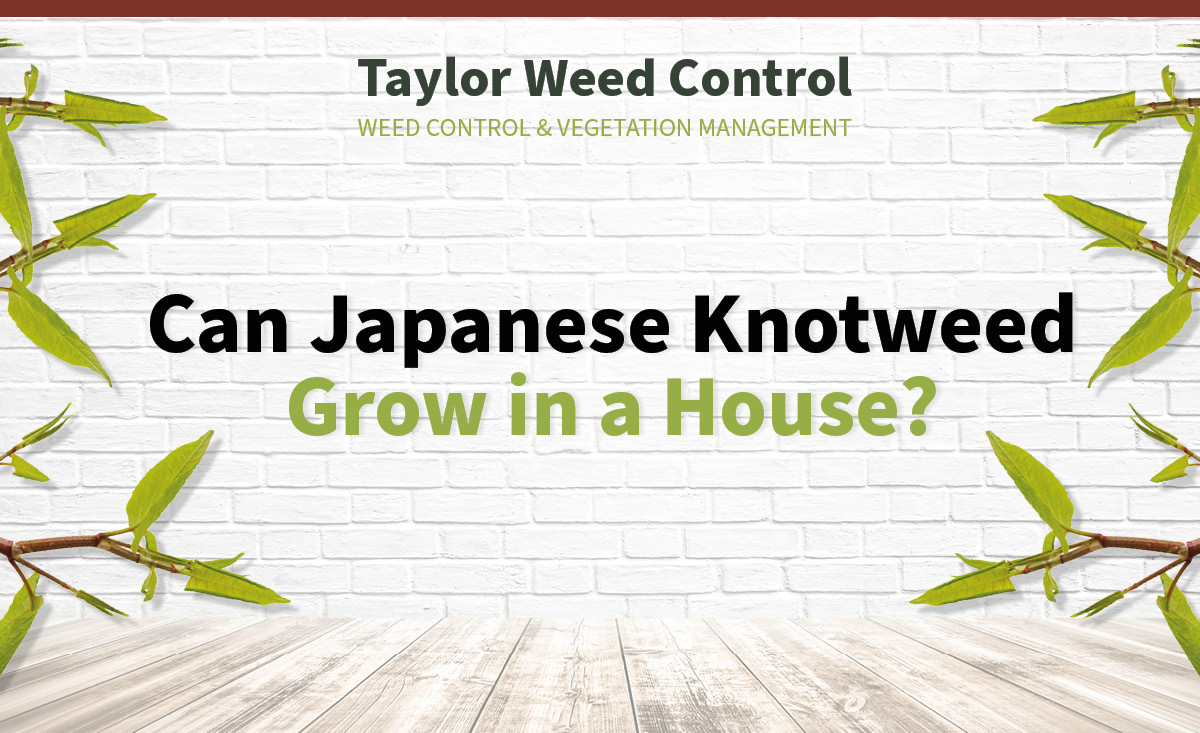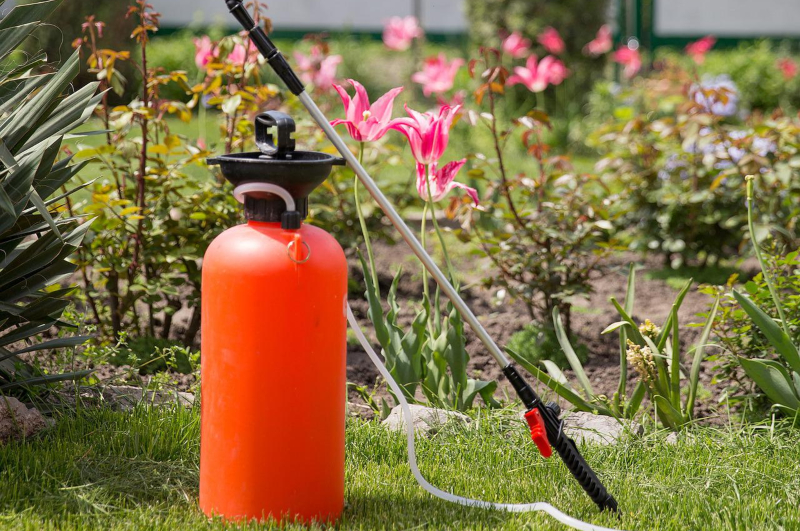
Winter is truly upon us now, and we can all feel it! We’re buttoning up our coats and pulling down our hats to try and defend against the bitter winter winter wind.
There are many weeds that spread on the wind, their seeds being carried on the breeze to greener pastures. Weeds that spread this way include dandelions and mugwort. If you’ve found your way to this blog, you’re likely wondering if knotweed can spread on the wind this way.
More...

Japanese knotweed (fallopia japonica) is known for its extensive (and troublesome) rhizome system. Knotweed roots can expand up to seven feet below ground from a visible plant. If there is knotweed growing in close proximity to your property, its possible that the knotweed has already begun to make its way beneath your house.
If you’ve found your way to this blog, it’s possible that you’re already in this situation, and you’re wondering whether or not its possible that the knotweed will grow up into your house.
More...

With more and more people taking the legal route to attempt to resolve knotweed-related conflicts, taking your case to court may seem like the obvious path to follow when faced with a potential knotweed problem.
Knotweed is a legally monitored plant under the Wildlife and Countryside Act of 1981 and technically counts as ‘controlled waste’. The planting or spreading of knotweed can result in a £5,000 fine or 2-years in prison.
More...

Recent news reports have detailed how Network Rail has paid out nearly £500,000 in compensation to homeowners whose properties have been impacted by Japanese knotweed. In all of these cases, the Japanese knotweed in question originated on Network Rail's land - close to railway lines.
The highest amount of compensation was paid out in Wales and the Western regions, where over £294,950 was claimed for Japanese knotweed damages over a three-year period. These figures show that Japanese knotweed is a real threat if your home backs onto a railway line. But why is Japanese knotweed such a problem here?
Well, Japanese knotweed is a very fast-growing plant, and in a lot of these cases, it seems that the infestation has not been controlled by Network Rail to prevent it from impacting neighbouring properties. It's a case of too little, too late. With improper precautions in place to stop the spread of knotweed from the railway lines into surrounding areas.
More...

No matter how you look at it, Japanese knotweed is a weed you don't want to find growing on your property. It is damaging to other plants, wildlife, can cause property damage, and can even reduce your property value by 10%.
If you’ve found knotweed on your lawn, you might be tempted to try and treat the knotweed yourself. A quick google search will tell you how difficult knotweed is to excavate – the roots can grow up to 3 metres deep below ground and up to 7 metres across.
For this reason, typical knotweed treatment processes involve the application of a strong herbicide. If you’re hoping to save a few quid on knotweed removal, you may be wondering ‘can I use weed killer on Japanese knotweed?’
More...
